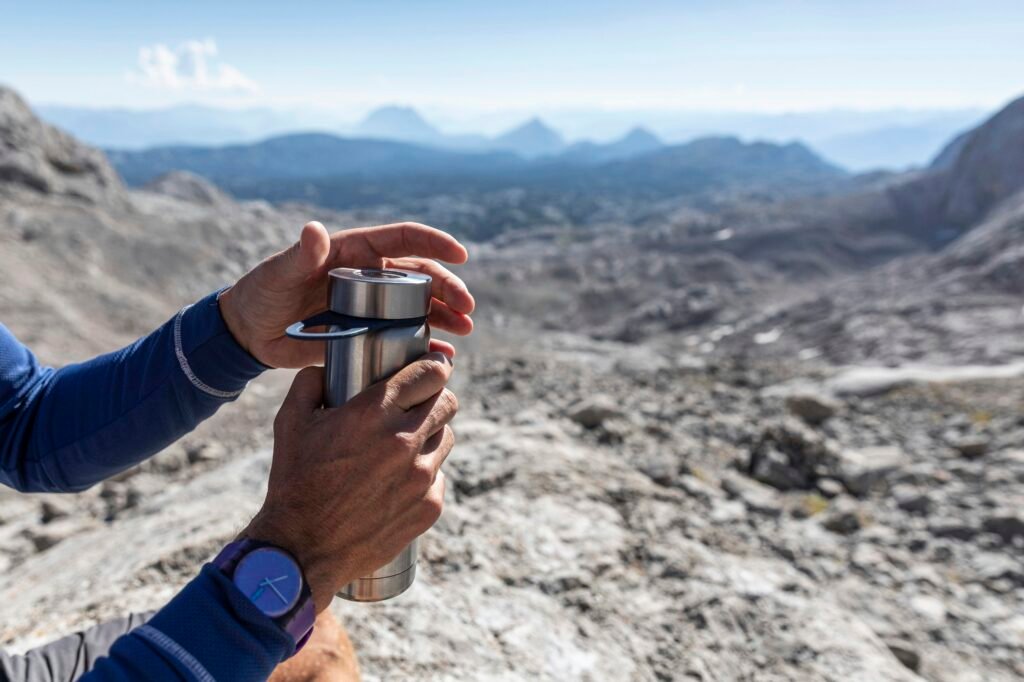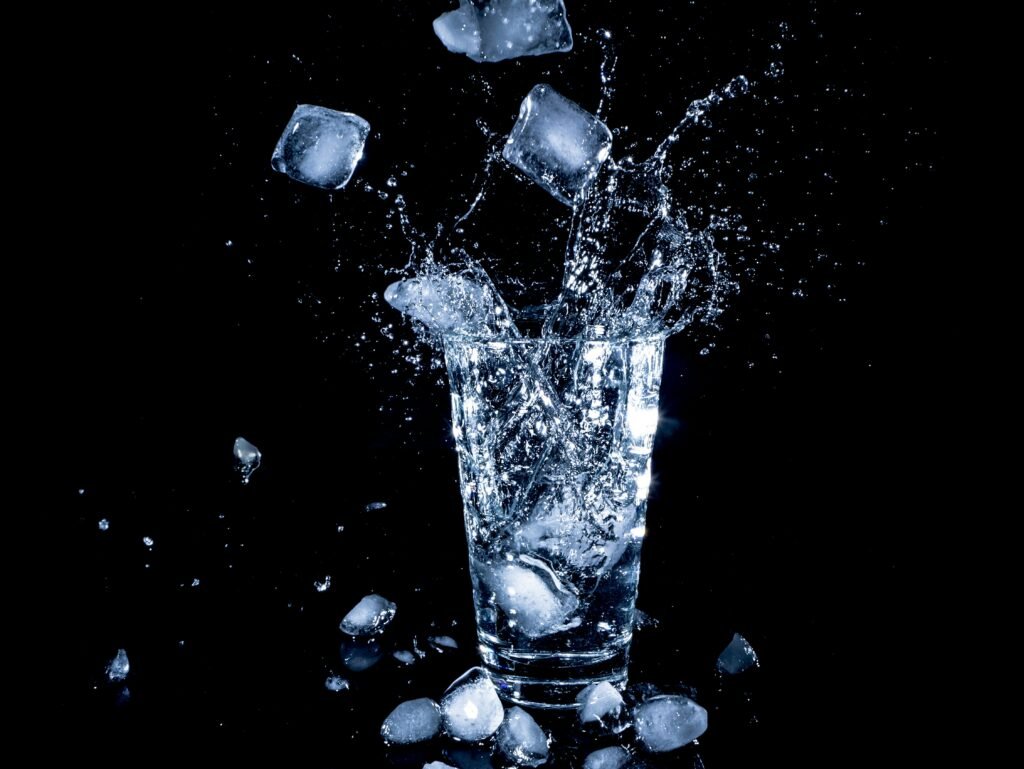Hydration Strategies for Enhanced Fitness Nutrition
Welcome to the world of enhanced fitness nutrition! In this article, you will discover the importance of proper hydration strategies for maximizing your workout performance and overall health. From the benefits of staying hydrated during exercise to tips on how to ensure you are getting enough fluids, this guide will provide you with the essential information you need to take your fitness journey to the next level. Stay tuned to learn how to stay hydrated and thriving in your pursuit of improved fitness and well-being.
Hydration Strategies for Enhanced Fitness Nutrition
Have you ever felt fatigued and sluggish during a workout, or struggled to recover quickly after a strenuous physical activity? It might be due to inadequate hydration. Proper hydration is essential for optimal athletic performance and overall fitness. In this article, we will discuss hydration strategies that can help enhance your fitness nutrition and improve your athletic performance.

This image is property of images.unsplash.com.
The Importance of Hydration in Fitness Nutrition
When it comes to fitness and nutrition, hydration is often overlooked, but it plays a crucial role in overall health and performance. Hydration is essential for regulating body temperature, lubricating joints, transporting nutrients, and eliminating waste. Dehydration can lead to decreased energy levels, poor performance, and delayed recovery.
Ensuring you are adequately hydrated before, during, and after exercise is key to optimizing your fitness nutrition. Water makes up a large percentage of our bodies, and staying hydrated is essential for all bodily functions, especially during physical activity.
Signs of Dehydration
Before we delve into hydration strategies, let’s first discuss the signs of dehydration. It’s important to recognize these signs to address dehydration promptly and prevent further complications. Some common signs of dehydration include:
- Thirst
- Dark yellow urine
- Fatigue
- Dizziness
- Headache
- Muscle cramps
If you experience any of these symptoms, it’s essential to prioritize proper hydration to avoid any adverse effects on your health and athletic performance.

This image is property of images.unsplash.com.
Calculating Your Hydration Needs
The amount of water you need to consume daily varies depending on various factors such as age, weight, gender, activity level, and climate. However, a general guideline is to drink at least eight 8-ounce glasses of water per day, also known as the “8×8 rule.” For those engaging in regular physical activity, hydration needs may increase significantly.
To calculate your specific hydration needs, a simple formula is to divide your body weight in pounds by two and drink that amount in ounces each day. For example, if you weigh 150 pounds, you should aim to drink 75 ounces of water daily.
Pre-Hydration Strategies
Proper hydration should start before engaging in any physical activity. Pre-hydration is vital for ensuring your body has enough fluids to support your workout. Here are some pre-hydration strategies to consider before your exercise session:
-
Drink Water: Start your day with a glass of water as soon as you wake up to kickstart your hydration.
-
Monitor Urine Color: Check the color of your urine to gauge your hydration status. Clear or light yellow urine indicates proper hydration.
-
Hydrate with Electrolytes: Consider consuming fluids rich in electrolytes to replenish minerals lost through sweat.

This image is property of images.unsplash.com.
Hydration During Exercise
During exercise, staying hydrated is crucial for maintaining performance and preventing dehydration. The amount of water you need to consume during exercise depends on the intensity, duration, and environmental conditions. Here are some hydration strategies to follow during your workout:
-
Drink at Regular Intervals: Sip water consistently throughout your workout rather than waiting until you feel thirsty.
-
Choose the Right Fluids: Opt for water or sports drinks that contain electrolytes to replenish lost minerals and maintain hydration.
-
Monitor Your Hydration Status: Pay attention to signs of dehydration such as thirst, dry mouth, and fatigue.
Post-Exercise Hydration Strategies
After completing your workout, it’s essential to rehydrate to aid in recovery and replenish fluids lost through sweat. Proper post-exercise hydration can help reduce muscle soreness, enhance muscle repair, and optimize performance for your next workout. Here are some post-exercise hydration strategies to consider:
-
Drink Fluids Promptly: Aim to drink fluids within 30 minutes after your workout to promote recovery.
-
Replenish Electrolytes: Consume foods or drinks rich in electrolytes such as potassium, sodium, and magnesium.
-
Monitor Your Weight: Weigh yourself before and after your workout to gauge fluid loss. Aim to drink 16-24 ounces of water for every pound lost during exercise.
Hydration and Performance
Optimal hydration plays a significant role in athletic performance. Dehydration can impair physical and mental performance, leading to decreased endurance, strength, and coordination. By prioritizing proper hydration, you can enhance your performance, endurance, and recovery.
Proper hydration ensures your body can regulate temperature, transport nutrients, and eliminate waste efficiently. It also helps maintain blood volume, heart function, and muscle contractions during exercise. By staying hydrated, you can perform at your best and achieve your fitness goals.
Hydration Myths Debunked
There are several misconceptions and myths surrounding hydration and fitness nutrition. Let’s debunk some of the common myths to ensure you have accurate information when it comes to staying hydrated:
-
Myth: You Only Need Water to Stay Hydrated: While water is essential, electrolytes are crucial for maintaining proper hydration levels, especially during extended periods of physical activity.
-
Myth: Thirst is a Reliable Indicator of Hydration: Waiting until you feel thirsty to drink water can lead to dehydration. It’s essential to hydrate regularly, especially during exercise.
-
Myth: You Can’t Drink Too Much Water: While staying hydrated is important, excessive water intake can lead to a condition known as hyponatremia, where the body’s sodium levels become dangerously low.
Conclusion
Hydration is a critical component of fitness nutrition that should not be overlooked. By implementing proper hydration strategies before, during, and after exercise, you can optimize your athletic performance, aid in recovery, and enhance overall health. Remember to listen to your body, monitor your hydration status, and prioritize adequate fluid intake to support your fitness goals. Stay hydrated, stay healthy, and keep striving towards your fitness aspirations!



